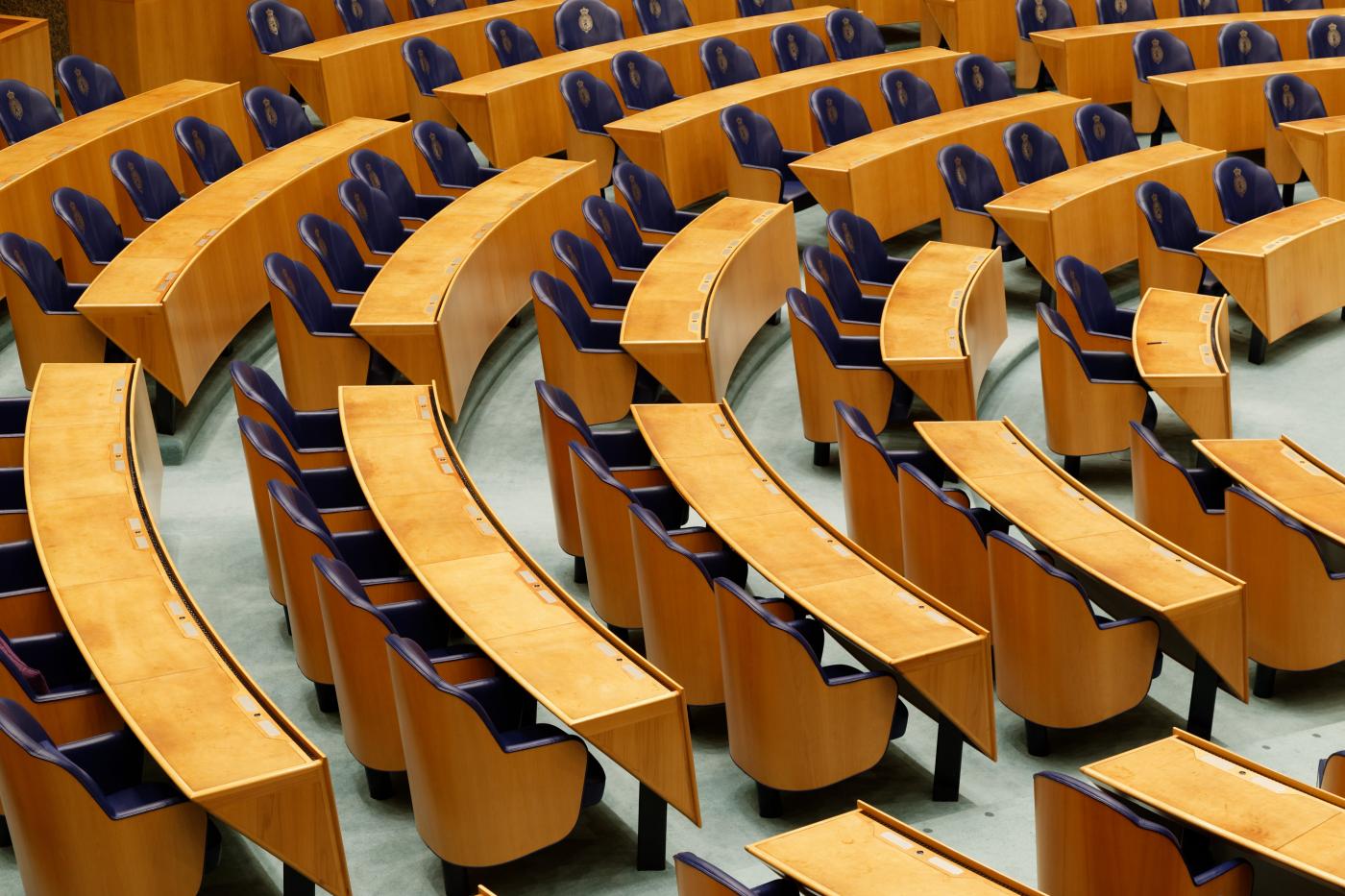Inflation, internship, espionage
Dutch Parliament votes on education motions right before elections

It came down to one seat, and it remains to be seen what this motion will be worth after the elections. However, last week, a majority of parliament supported a motion by D66 on tertiary education and inflation.
The caretaker government, comprising the parties VVD and BBB, is further reducing the budget for higher education. Tertiary education institutions will have to absorb part of the rising wages and prices themselves.
Technically speaking, the government wants to withhold part of the “wage and price adjustment”. The exact amounts will only become clear in the spring. This will not happen in primary and secondary education, which, according to the law, always receive the full adjustment.
Compensating for inflation
Perhaps we should also regulate this for the rest of the education system, according to D66. That was the subject of the motion submitted by the party yesterday, on the very last day that parliament met before the elections on October 29.
The budget cuts are already substantial, and this new reduction will diminish the quality of education and research, according to the explanatory notes to the motion. 'Courses are at risk of disappearing, including in healthcare, education, technology, and many other sectors. ’ Students would no longer be assured of a good education within a reasonable travelling distance. ’
The government should therefore investigate ‘how a legal framework for price development can be established for further education,’ according to the motion. Outgoing Minister Eelco Heinen (VVD) advised against it. ‘This is really up to the new cabinet,’ he said. ‘I don't want to put pressure on that cabinet just yet.’
His own party and BBB voted against it. They received support from PVV and CDA, but that was not enough. Those four parties together have 74 seats, which is just short of the required number. All other parties voted in favour (together 76 seats).
It is a step towards automatic inflation compensation for vocational education and higher education, but it is certainly not finalised yet: after such an investigation, a bill must be drafted, which must then obtain a majority.
Internships
GroenLinks-PvdA submitted a motion on compulsory internship allowances. This topic seemed to be a done deal, as a large part of the House of Representatives wants all interns to receive an internship allowance. The Minister of Education was also receptive to the idea, as became apparent during a debate on Wednesday, because, according to him, the problem will not resolve itself.
But later, the minister seemed to backtrack slightly on X. According to him, a legal obligation is only a ‘serious option’ if employers do not take responsibility.
Therefore, GroenLinks-PvdA wanted to apply a little more pressure. The party asked the government to send the ‘outline of the bill for the introduction of a mandatory internship allowance’ to the House of Representatives before the summer of 2026 (i.e. well after the elections). This applies to internships lasting longer than six weeks.
The cabinet was not necessarily opposed to this. The motion was therefore not rejected. Many parties voted in favour, but not the VVD, JA21 and FvD. One concern is that companies may offer fewer internships if they have to pay remuneration. A bill could take this into account, for example, by exempting small businesses or certain sectors.
Espionage
The House of Representatives is also concerned about young people spying for foreign powers such as Russia. Recently, two 17-year-old boys were arrested for walking past Europol, Eurojust and the Canadian embassy with a so-called Wi-Fi sniffer. It is alleged that they did this on behalf of a Russian hacker.
According to D66, this calls for a broad awareness campaign via social media, ‘aimed at young people and educational institutions, clearly explaining the risks of digital espionage and foreign recruitment attempts’.
Everyone agreed with this, except for FvD. The latter party often sides with Russia, as noted by the Clingendael Institute.
Comments
We appreciate relevant and respectful responses. Responding to DUB can be done by logging into the site. You can do so by creating a DUB account or by using your Solis ID. Comments that do not comply with our game rules will be deleted. Please read our response policy before responding.